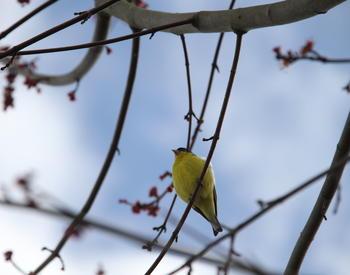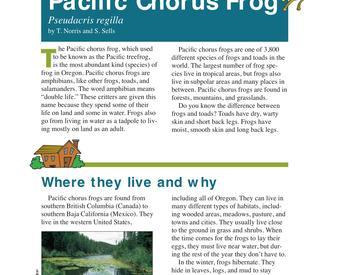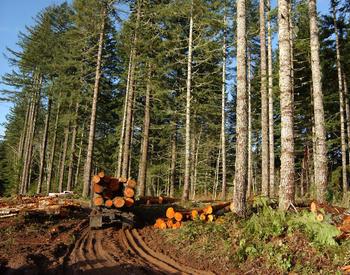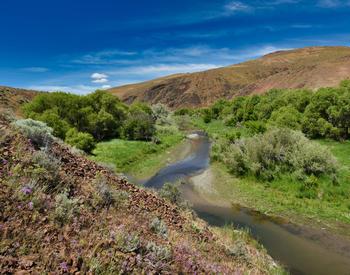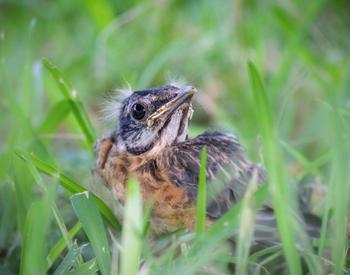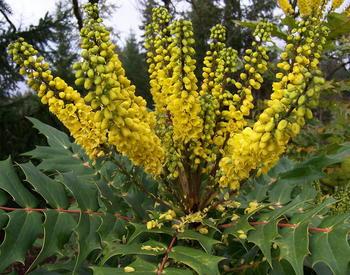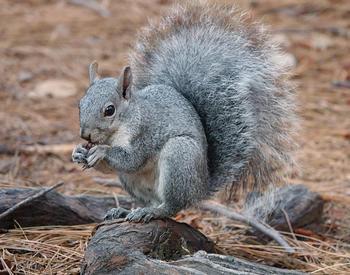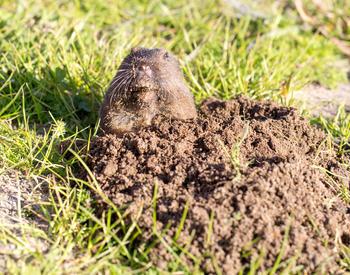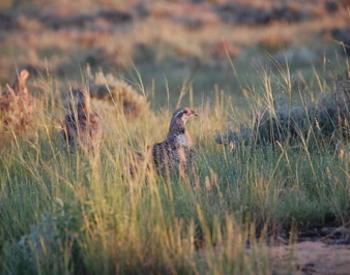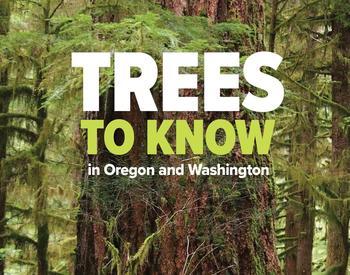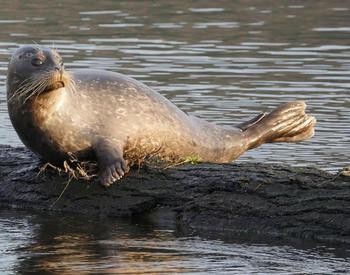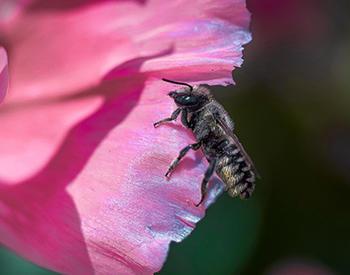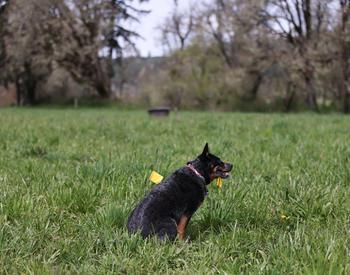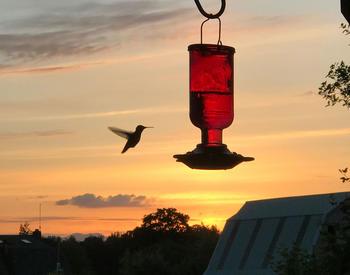I noticed a decline in frogs in my pond in Hood River, Oregon. I would like to re-establish them, but I'm not having any luck finding frog eggs to purchase. Any suggestions?
The short answer is no. It is not a good idea to take native species (including eggs) out of the wild and relocate them. It usually results in the death of the animals and/or spread of disease. In the case of frogs, there is a fungal disease that is of concern. And rearing native species in captivity for reintroduction usually results in problems even for the experts. The Oregon Zoo has been rearing native turtles to try to bolster their numbers but the turtles they produce often times have soft shell disease.
The best thing you can do is look at what might be causing the decline.
Animal populations fluctuate over time and it's a normal part of nature. So what you are seeing might be natural and they could bounce back on their own. It could also be a result of something you are doing on your property or your neighbors are doing. Frogs are susceptible to pesticides because they absorb chemicals through their skin. So reducing pesticide use will create a healthier habitat with more insects for them to eat. But the biggest problem for frogs is habitat degradation. Land development by humans means a loss of habitat for frogs. Roads are particularly problematic as frogs must move from feeding grounds to breeding ponds each year.
I do not know what frog species you have or what your situation is, however you can help boost your population by adding habitat in your own yard. Frogs need places to hide from predators and they need places to go in hot temperatures.
Here are some links that might help:
